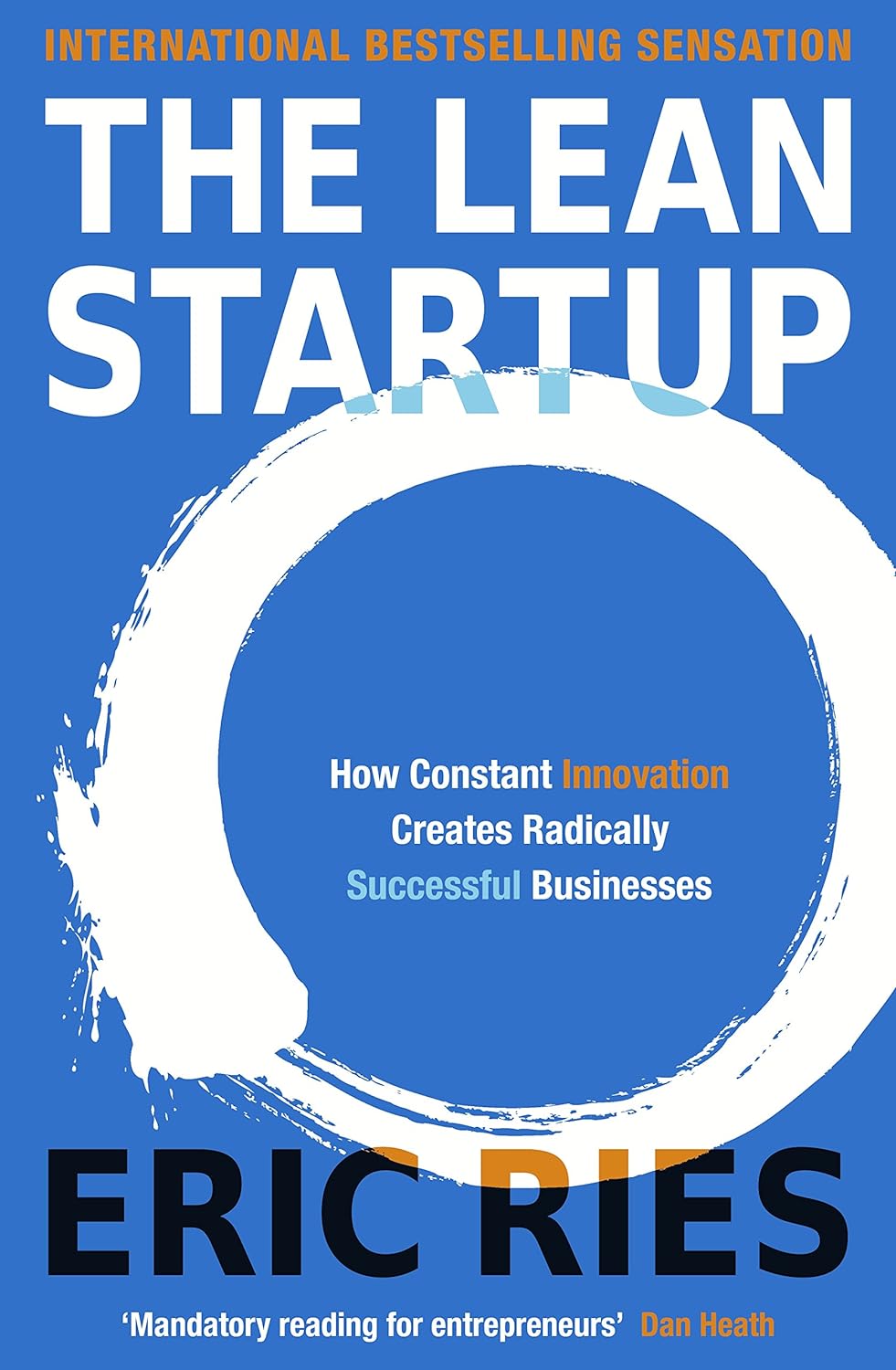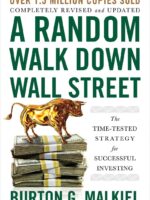“The Lean Startup” is a groundbreaking book written by Eric Ries, first published in 2011. It has since become a seminal work in the field of entrepreneurship, innovation, and business management. In the book, Ries introduces the concept of the lean startup methodology, which advocates for a scientific approach to building and managing startups.
At the core of “The Lean Startup” is the idea of applying lean principles from manufacturing and agile development to the process of creating and launching new products and services. Ries argues that traditional business planning methods are often ineffective in the fast-paced and uncertain environment of startups, leading to wasted time, resources, and effort. Instead, he proposes a systematic and iterative approach that prioritizes rapid experimentation, customer feedback, and continuous learning.
Key concepts and principles outlined in “The Lean Startup” include:
- Validated Learning: Ries emphasizes the importance of validating hypotheses and assumptions through experiments and real-world feedback from customers. By testing ideas quickly and iteratively, startups can learn what works and what doesn’t, enabling them to make informed decisions and pivot as needed.
- Build-Measure-Learn: The lean startup methodology is based on a feedback loop of building a minimum viable product (MVP), measuring its performance using actionable metrics, and learning from the results to inform future iterations and improvements.
- Innovation Accounting: Ries introduces the concept of innovation accounting, which focuses on measuring progress in terms of validated learning rather than traditional metrics like revenue or profit. This allows startups to track their progress and make data-driven decisions based on actionable insights.
- Continuous Deployment: The lean startup encourages a culture of continuous deployment and rapid iteration, enabling startups to release new features and updates quickly and frequently. This approach minimizes waste and allows for faster adaptation to changing market conditions.
“The Lean Startup” has had a profound impact on the way entrepreneurs and businesses approach innovation and entrepreneurship. It has popularized lean principles and methodologies across industries, leading to greater emphasis on experimentation, agility, and customer-centricity. Whether you’re a startup founder, product manager, or business leader, “The Lean Startup” offers valuable insights and practical guidance for building successful and sustainable businesses in today’s rapidly evolving marketplace.









